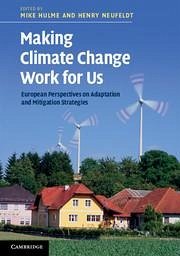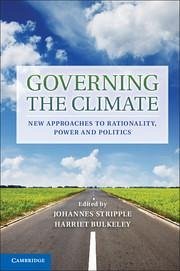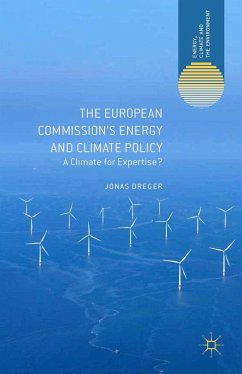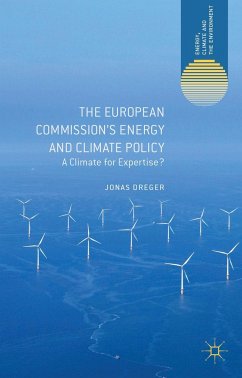Nicht lieferbar

Henry Neufeldt
Gebundenes Buch
Making Climate Change Work for Us
European Perspectives on Adaptation and Mitigation Strategies
Herausgeber: Hulme, Mike
Versandkostenfrei!
Nicht lieferbar




Leading interdisciplinary climate change research teams present local, regional and global solutions to climate change, both adaptation and mitigation.
Henry Neufeldt is head of the climate change program of the World Agroforestry Centre (ICRAF) in Nairobi, Kenya. Between 2006 and 2009 he was based in the School of Environmental Sciences at the University of East Anglia, and a Senior Research Coordinator in the Tyndall Centre for Climate Change Research, where he managed the ADAM project. His research interest is in global climate change, vulnerability and sustainable development, in particular mitigation and adaptation in land management in the context of science and policy. He has worked primarily in Germany, Brazil and Paraguay. He has published over 30 peer-reviewed journal papers and book chapters as well as numerous reports on sustainable land use in the tropics and climate change mitigation and adaptation policies.
Produktdetails
- Verlag: Cambridge University Press
- Seitenzahl: 446
- Erscheinungstermin: 10. Dezember 2009
- Englisch
- Abmessung: 249mm x 175mm x 25mm
- Gewicht: 1043g
- ISBN-13: 9780521119412
- ISBN-10: 0521119413
- Artikelnr.: 28111940
Herstellerkennzeichnung
Libri GmbH
Europaallee 1
36244 Bad Hersfeld
gpsr@libri.de
Für dieses Produkt wurde noch keine Bewertung abgegeben. Wir würden uns sehr freuen, wenn du die erste Bewertung schreibst!
Eine Bewertung schreiben
Eine Bewertung schreiben
Andere Kunden interessierten sich für











